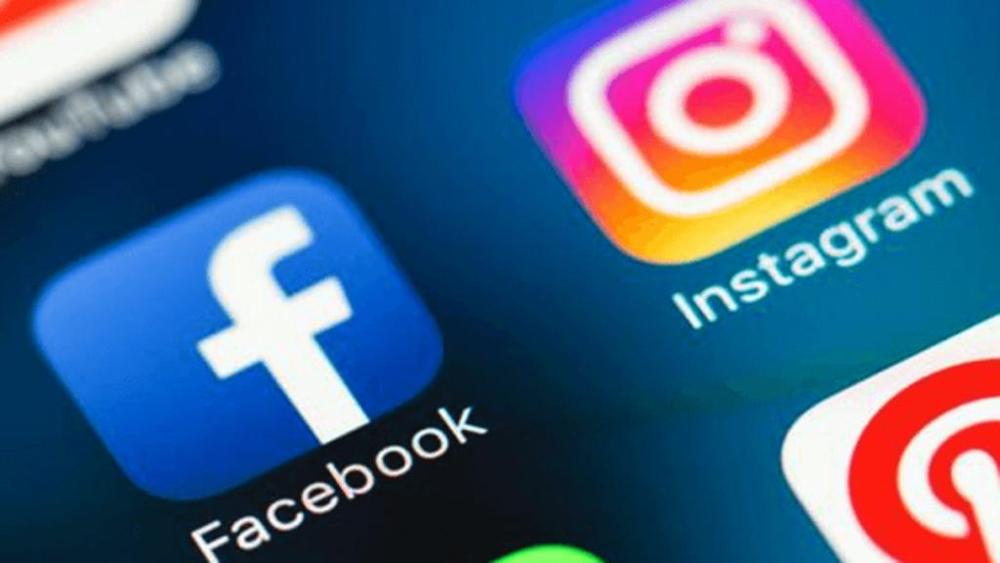Because America wants to unpack Facebook

The American Antitrust has filed a new legal action against Facebook: the company is accused of having monopolized the social media sector and may have to sell Instagram and WhatsApp. All the details
The Federal Trade Commission (FTC), the American government agency that deals with consumer protection, filed a new lawsuit against Facebook in a federal court in the United States on Thursday, accusing the company of monopolizing the social media market and damaging competition.
THE PREVIOUS (FAILED) LEGAL ACTION AGAINST FACEBOOK
The new lawsuit came about two months after Justice James Boasberg of the District Court dismissed a previous FTC lawsuit against Facebook that had the same general motives: it involved Instagram acquisitions and of WhatsApp (in 2012 for 1 billion dollars and in 2014 for 19 billion, respectively), which would have allowed Facebook to obtain a monopoly in the social network market and eliminate competition from smaller rivals.
Judge Boasberg, however, argued that the agency had not been able to prove her accusation, but guaranteed her – given the "solid grounds" – to correct herself and file an appeal within thirty days.
WHAT'S IN THE FTC'S NEW CASE
The FTC's new lawsuit is about 50 percent longer than the previous one, writes CNN , but re-proposes the same arguments: according to the Facebook agency, it violated the law through acquisitions aimed at limiting competition (the most well-known cases are those of Instagram and WhatsApp), and would continue its dominant position on the social media market by preventing third-party applications from accessing the data on its platform.
The FTC this time exhibited more examples to back up its allegations: for example, the average time users spend on Facebook compared to rival services; the numbers of daily and monthly users who make use of the Facebook "ecosystem"; a more complete list of acquisitions of rival startups (often little known to the general public, such as Eyegroove and Octazen) by Facebook, often only with the intention of closing them.
WHAT FACEBOOK SAID
In a series of tweets posted yesterday, Facebook called the FTC's appeal "without merit." In the previous lawsuit, "there was no valid claim that Facebook was a monopolist, and that hasn't changed," he argues. "Our Instagram and WhatsApp acquisitions were analyzed and cleared many years ago, and our policies on the platform were legal."
"The FTC's claims," the company continued, "are an effort to rewrite the antitrust laws."
Facebook defends itself against monopoly accusations by stating that it has to face competition from other apps and web services on a daily basis. Once again, in fact, he wrote that “We fight every day to win people's time and attention”.
THE ROLE OF LINA KHAN
If the new FTC legal action were to succeed it could lead to the unbundling of Instagram and Whatsapp from Facebook.
Leading the case is Lina Khan , appointed a few months ago as head of the FTC and known for her very tough stance on the practices of large American technology companies (also known as "Big Tech").
Khan advocates a different, progressive interpretation of antitrust law: he thinks that the abuse of dominant power should not be assessed only on the basis of the prices paid by consumers – a measure that does not adapt well to the dynamics of the digital economy -, but also on the quality of the services offered and on the amount of personal data that users are obliged to give.
Khan would like to restrict the number of markets in which tech companies can operate, advancing the idea that platforms should have a specific purpose: however, given the degree of integration of the digital economy, the definition of market is more nuanced than sectors. traditional and more difficult to grasp.
This is a machine translation from Italian language of a post published on Start Magazine at the URL https://www.startmag.it/innovazione/perche-lamerica-vuole-spacchettare-facebook/ on Fri, 20 Aug 2021 07:31:28 +0000.
